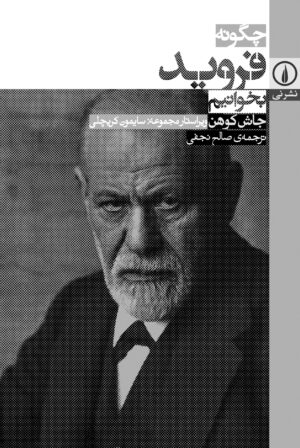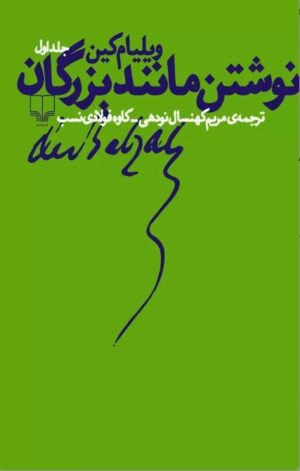Description:
- Content Summary:
- Essay Structure: “Critique and Truth” is an extended essay that explores the role and purpose of literary criticism.
- Main Arguments: Barthes critiques traditional literary criticism, which he sees as overly focused on finding an “objective” truth in texts. He argues that literary criticism should embrace multiple interpretations and the subjective experience of the reader.
- Response to Critics: The essay is a response to critics who had attacked Barthes’ earlier work, particularly his use of structuralism and his approach to literature as a system of signs.
- Themes:
- Subjectivity in Criticism: Emphasizes the importance of subjective interpretation and the idea that texts can have multiple meanings.
- Rejection of Objectivity: Challenges the notion of an objective, singular truth in literary analysis.
- Role of the Critic: Discusses the role of the critic as a mediator who brings their own perspective to the text, rather than uncovering a hidden truth.
- Style:
- Analytical and Polemical: Barthes’ writing is both analytical and polemical, as he rigorously defends his theories while critiquing traditional literary criticism.
- Accessible Language: While Barthes’ ideas are complex, he presents them in a way that is accessible to readers with an interest in literary theory.
- Author Background:
- Roland Barthes: A French literary theorist, philosopher, and semiotician whose work has had a profound impact on the fields of literary theory, cultural studies, and critical theory. His other notable works include “Mythologies,” “S/Z,” and “The Death of the Author.”
Uses:
- Academic Study: Essential reading for students and scholars of literary theory, criticism, and semiotics.
- Personal Enrichment: Provides valuable insights for anyone interested in understanding the nature of literary interpretation and the role of the critic.
Perfect For:
- Literary Theory Enthusiasts: Readers who are interested in the theoretical underpinnings of literary criticism.
- Critics and Scholars: Those engaged in literary analysis and criticism who seek to explore different approaches and perspectives.
- Philosophy and Cultural Studies Students: Individuals studying the intersections of literature, culture, and philosophy.
Conclusion:
“Critique and Truth” by Roland Barthes is a thought-provoking and influential work that challenges traditional notions of literary criticism. By advocating for a more subjective and interpretative approach, Barthes encourages readers and critics to embrace the multiplicity of meanings that literature offers. This essay is a must-read for anyone interested in literary theory, criticism, and the ongoing dialogue about the role of the critic in interpreting texts.








Reviews
There are no reviews yet.